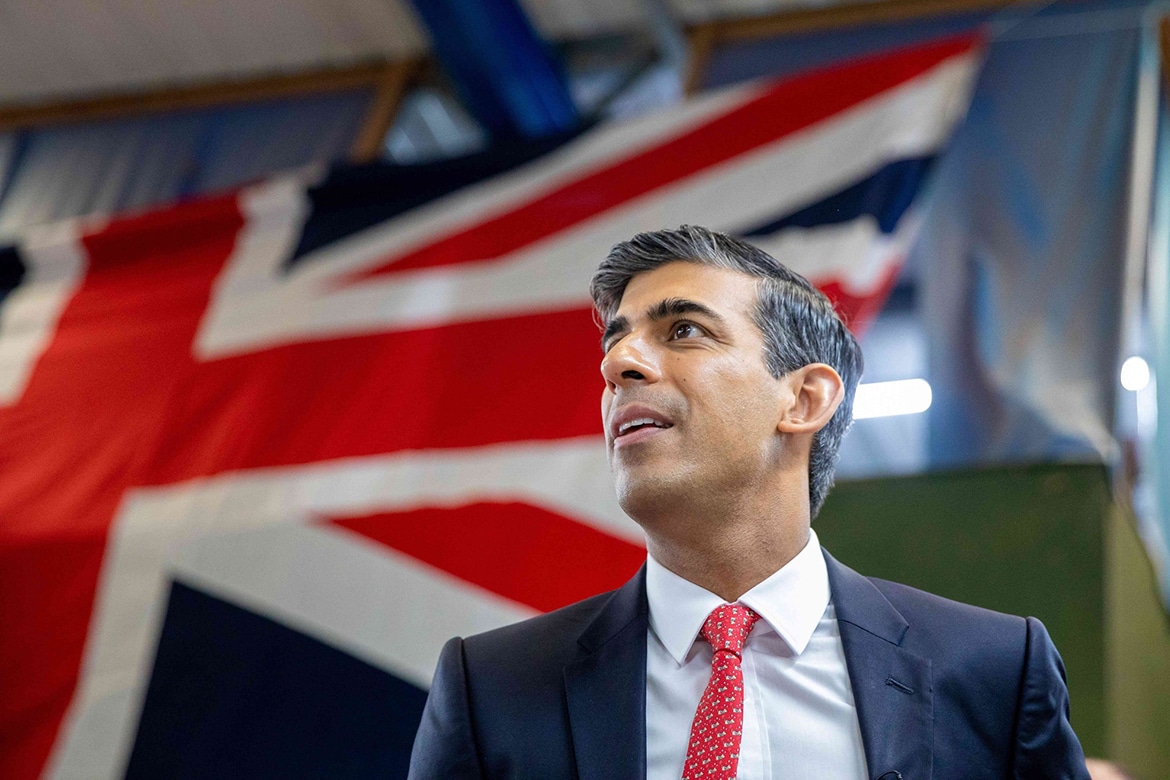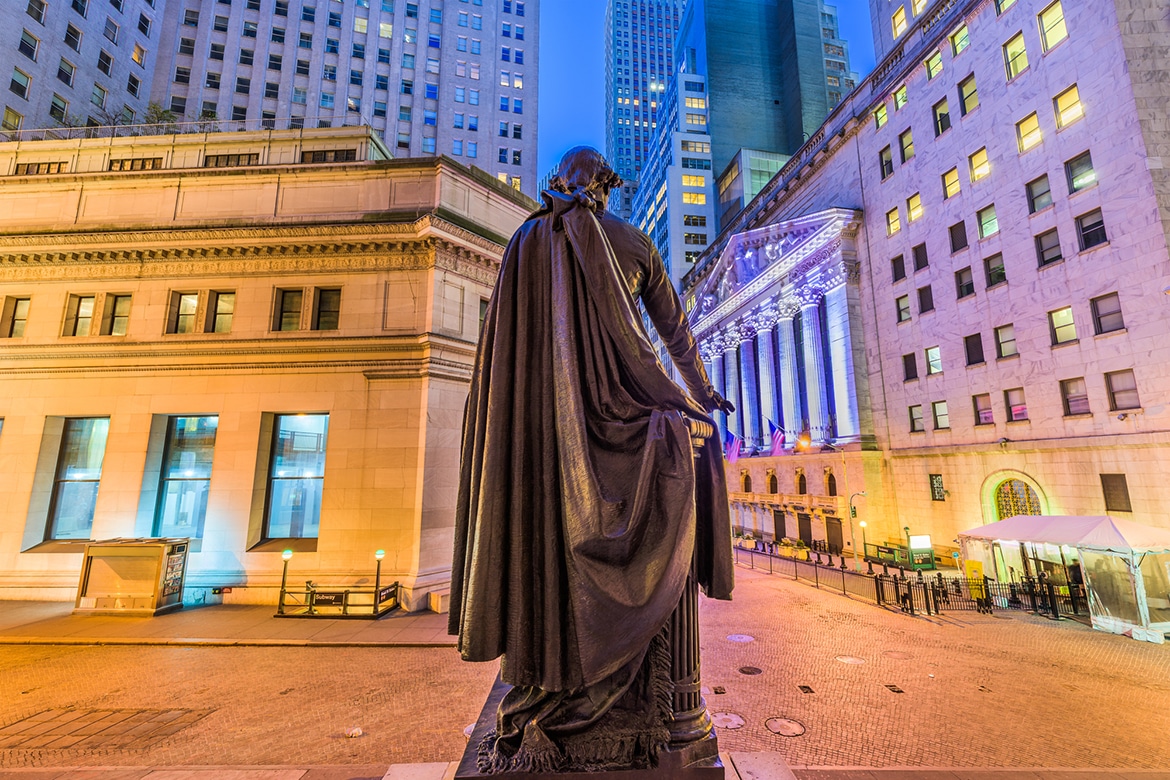About
Alexander Boris de Pfeffel Johnson is a British politician, writer, and former journalist serving as Prime Minister of the United Kingdom and Leader of the Conservative Party since 2019. He was Foreign Secretary from 2016 to 2018 and Mayor of London from 2008 to 2016. Johnson was Member of Parliament for Henley from 2001 to 2008 and has been MP for Uxbridge and South Ruislip since 2015. Ideologically, Johnson identifies as a one-nation conservative.
Johnson was born in New York City to upper-middle-class English parents and educated at Eton College. He read Classics at Balliol College, Oxford, where he was elected President of the Oxford Union in 1986. He began his career in journalism at The Times newspaper but was dismissed for falsifying a quotation. He later became the Brussels correspondent for The Daily Telegraph newspaper and his articles exerted a strong influence on growing Eurosceptic sentiment on the British right. He was promoted to an assistant editor from 1994 to 1999, and edited The Spectator magazine from 1999 to 2005.
He was elected MP for Henley in 2001, and served as a Junior Shadow Minister under Conservative leaders Michael Howard and David Cameron. He largely adhered to the Conservatives’ party line but adopted a socially liberal stance on issues such as LGBT rights in parliamentary votes. He resigned as an MP and in 2008 was elected Mayor of London, being re-elected in 2012. During his mayoralty he oversaw the 2012 Summer Olympics, introduced the New Routemaster buses, a cycle hire scheme and a cable car crossing the Thames, and banned alcohol consumption on much of London’s public transport.
In 2015, Johnson was elected MP for Uxbridge and South Ruislip, stepping down as mayor the following year. In 2016, he became a prominent figure in the successful Vote Leave campaign for Brexit. He then served as Secretary of State for Foreign and Commonwealth Affairs under Theresa May’s premiership – a post from which he resigned in criticism of May’s approach to Brexit and the Chequers Agreement two years later. After May resigned in 2019, he was elected Conservative leader and appointed prime minister. His September 2019 prorogation of Parliament was ruled unlawful by the Supreme Court.[8] In the 2019 general election, Johnson led the Conservative Party to their biggest victory since 1987, and biggest percentage vote share of any party since 1979. The United Kingdom withdrew from the European Union under the terms of a revised Brexit withdrawal agreement.
Johnson is a controversial figure in British politics and journalism. Supporters have praised him as an entertaining, humorous, and popular figure, with an appeal stretching beyond traditional Conservative voters and eurosceptics. Conversely, his critics have accused him of dishonesty, elitism, and cronyism, and of using offensive language. Johnson is the subject of several biographies and fictionalised portrayals.
Click to see more






